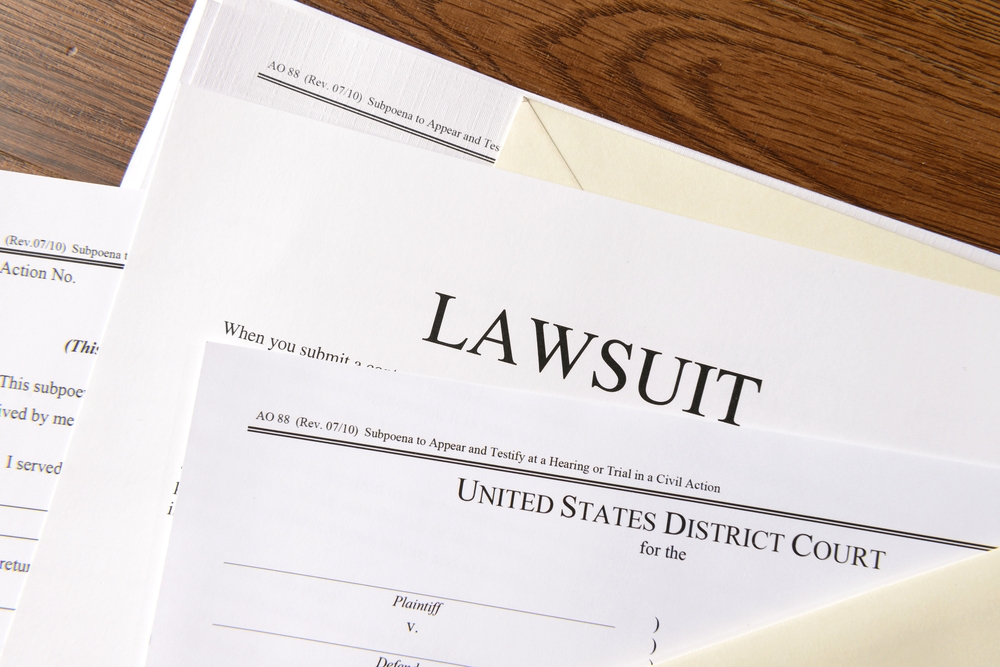If you are a business owner or creditor owed money, you may need to file a lawsuit to collect the debt. Filing a lawsuit can be a complicated and time-consuming process, but it may be necessary to recover the money you are owed.
Here are seven steps to filing a lawsuit for non-payment, as the professionals at Kinum, Inc recommend. When you are unable to recover owed money from clients, consult with us. We have a highly effective team of skilled debt collectors who know the proper steps to receive payment without negatively affecting reputations.
If money is owed to you, contact us today to discuss how we can help.
The Seven Steps to Filing a Lawsuit
1. Send One Last Payment Demand
Before taking legal action, it is important to make one final attempt to collect the debt. Send a formal demand letter to the debtor requesting payment by a specific date. This letter should clearly state the amount owed, including late fees, and the reason for the debt, and alert the client that you may pursue legal action if not paid by the set date. The sending of this type of letter could push the client to pay their invoice. If they don’t, keep a copy of the letter for your records and as evidence for the court that you provided a last chance to pay before taking legal action.
2. Assess if a Lawsuit Is Worth It
Consider the amount of money owed and the cost of legal action. A lawsuit can be expensive and time-consuming, so it may not be worth pursuing if the debt is small. However, if the debt is significant, legal action may be the only way to recover the money.
Assess what the company owes and the estimated financial health of the company. This includes their assets, estimated cash on hand, and perceived debts. If you can see their property is unkept and they are struggling to sell their products or services, they may not be financially stable to pay you back. In this case, you may have better results selling the debt to a debt collection company rather than pursuing a lawsuit.
Request a free consultation with a Kinum, Inc. representative today.
3. Consult with a Lawyer
It is important to consult with a lawyer before filing a lawsuit. A lawyer can advise you on the strength of your case, the likelihood of success, and the costs involved. They can also help navigate the legal system and follow all the necessary procedures. Keep in mind any consultation fees that may be applied.
4. Consider Small Claims or a Civil Lawsuit
Depending on the amount of the debt, you may be able to file a small claims lawsuit instead or a civil lawsuit. Small claims court is designed for disputes involving small amounts of money and is often a quicker and less expensive option. However, there are limits to the amount you can sue for in small claims court.
Civil lawsuits are more formal and time-consuming than small claims but may be necessary if the amount owed exceeds what is allowed in small claims or if the case is more complex. They could take days, and you may need a lawyer. Consider the costs associated with a civil lawsuit before taking action to determine if it’s the right choice.
5. Be Prepared with Evidence
To win a lawsuit, you must prove that the debt is owed. This may include invoices, contracts, emails, or other documents that show the debtor agreed to pay the debt. Make sure you have all the necessary evidence before filing a lawsuit.
6. Know Your State’s Statute of Limitations
Each state has a statute of limitations for filing a lawsuit. This is the time limit within which a lawsuit must be filed. If you wait too long, you may lose your right to sue. Make sure you know the statute of limitations in your state before filing a lawsuit.
7. Negotiate a Settlement
Before going to court, consider negotiating a settlement with the debtor. This may involve agreeing to a payment plan or accepting a reduced amount in exchange for a quick resolution. A settlement can save time and money and may be better than going to court.
Allow Kinum, Inc. to Help
Filing a lawsuit for non-payment can be a complex process, but following these seven steps can help determine if navigating the legal system is the best way to recover your money. Remember to consult with a lawyer, be prepared with evidence, and consider all your options before taking legal action.
At Kinum, Inc., we go to battle for our clients who are owed money. There are many pieces involved that, if overlooked, could diminish your chances of ever recovering your money. Before taking legal action, schedule a free consultation with one of our professionals. As a nationwide debt collection agency with decades of experience, allowing us to intervene could be the more efficient and cost-effective way to pursue your owed money.






